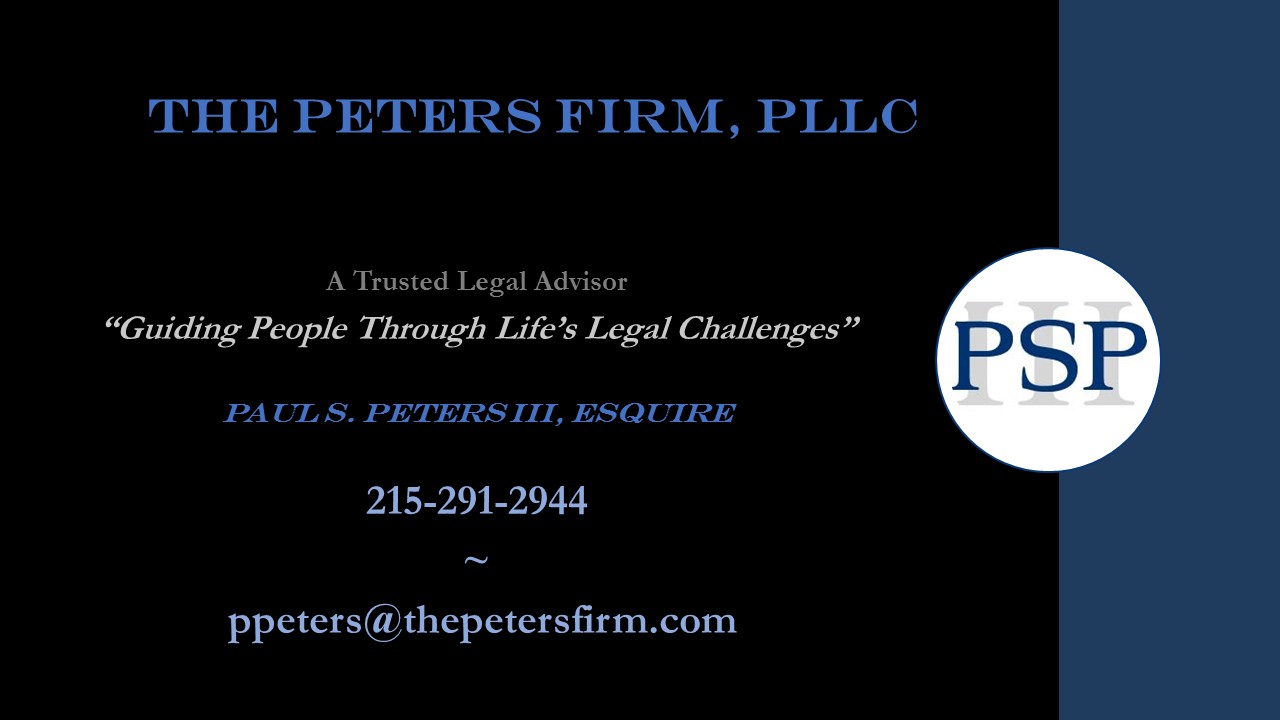
Can Bankruptcy Affect my Job?
The impact of a bankruptcy on one’s job is often a concern and question clients ask.
- What if my employer finds out?
- What if I have a job interview or am starting a new job?
- What if I work for a bank?
- What if I am a financial advisor, stockbroker, or accountant?
These are all valid questions you should ask your bankruptcy attorney. “Can Bankruptcy Affect my Job?” is a question worth exploring and understanding.
Why is an Applicant’s or Employee’s Bankruptcy Filing Important?
First, if an employer wants to use one’s bankruptcy history for making employment decisions, the employer should be prepared to connect one’s bankruptcy filing to specific job duties, qualifications, or clearances.
Having an interest in an applicant’s or employee’s bankruptcy filings may make sense in a financially related job. These include financial advisor or planner, accountant, bookkeeper, stockbroker or fund manager, banking (teller, manager, mortgage advisor, loan agent), or lawyer. The jobs mentioned involve access to or involvement with money belonging to others; it is the access to money or ability to advise that creates the concern.
Reasons a Bankruptcy Filing May Be Relevant
1. An employer or client may feel a bankrupt person is a risk for the temptation to partake in fraudulent activities with other’s money.
2. The idea that a person who has difficulty managing his/her own money may have trouble managing or having access to an employer’s or client’s money.
3. Employers or clients may feel that a bad credit rating or the existence of a bankruptcy shows poor character or judgment.
4. A bankruptcy is a public record and available through some professional reporting requirements; therefore, employers may wish to avoid an employee that may harm the employer’s reputation.
Do Employment Laws Protect Bankruptcy Filers?
In the world of employment law, being a current or past bankruptcy debtor is not explicitly protected. Filing for bankruptcy or having bad credit does not fall in the definition of a “protected class.” You may find protections under the Fair Credit Report Act (FCRA) or other laws regarding employment background checks.
The FCRA provides protections such as:
1. Employers must obtain written consent to receive an applicant or employee’s credit report
2. Prohibits background check companies from reporting bankruptcies over ten years old
3. For employment denials, due to bankruptcy, the credit report used must be provided along with notice of the right to challenge the report under the FCRA
4. If a job applicant refuses to consent to a credit check, the employer can deny employment for that reason alone
EEOC’s Position
The Equal Employment Opportunity Commission (EEOC) advises against blanket policies regarding credit checks and guides that decisions based on credit checks directly relate to the job. For example, what does bad credit or bankruptcy have to do with being a maintenance worker, nurse, human resources professional, or a teacher?
The EEOC’s concerns involve its position that:
1. Credit background checks disproportionately impact minorities, creating racial disparities in credit scores. Unemployment spikes and recessions fall most harshly on minorities. This position aligns with the EEOC’s warning to, “Take special care when basing employment decisions on background problems that may be more common among people of a certain race, color, national origin, sex, or religion; among people who have a disability; or among people age 40 or older.”
2. The EEOC further expresses concern that the credit check does not address the reasoning behind the bankruptcy or credit issue. There is a myriad of reasons a person files for bankruptcy or has bad credit, such as:
- The applicant got laid off and was out of work for a substantial period.
- The applicant or close family member dealt with a medical situation preventing them from working or causing them overwhelming medical expenses.
- The applicant may have gone through a painful divorce, leaving them with the marital debts.
- The applicant was the victim of identity theft or another fraudulent scheme.
- These reasons do not result from bad character or judgment, but from the fact that bad things happen to good people through no fault of their own.
Does the Bankruptcy Code Address Employment and Bankruptcy?
Yes. The United States Bankruptcy Code addresses the employment issue.
11 U.S.C.A. § 525(a) of the Bankruptcy Code states:
“a governmental unit may not . . . deny employment to, terminate the employment of, or discriminate with respect to employment against, a person that is or has been a debtor under this title or a bankrupt or a debtor under the Bankruptcy Act, or another person with whom such bankrupt or debtor has been associated, solely because such bankrupt or debtor is or has been a debtor under this title or a bankrupt or debtor under the Bankruptcy Act . . .”
11 U.S.C.A. § 525(b) of the Bankruptcy Code states:
“No private employer may terminate the employment of, or discriminate with respect to employment against, an individual who is or has been a debtor under this title, a debtor or bankrupt under the Bankruptcy Act, or an individual associated with such debtor or bankrupt, solely because such debtor or bankrupt.”
In short, §525 prohibits government employers from taking any adverse actions regarding employment and bankruptcy. Private employers may not terminate employment or discriminate against employees solely due to a bankruptcy filing. However, private employers may deny employment due to a bankruptcy. Even so, the private employer must be mindful of the EEOC’s position and guidance regarding a denial of employment based on a bankruptcy filing.
Industry-Specific Employment and Bankruptcy Rules?
Even though the bankruptcy code prohibits adverse employment actions by the government due to bankruptcy, if the government can connect your financial troubles as a national security concern, they may be able to bypass the law and deny a security clearance. (military, FBI, CIA, NSA, etc.)
Financial License or Clearance
If employed in the financial industry, you may have licensing, reporting, or clearance requirements. Examples are the Securities Exchange Commission (SEC) (stockbrokers) or the Financial Industry Regulatory Authority (FINRA) (financial advisors and planners). The rules of those agencies have reporting and disclosure requirements that include bankruptcy filing. The bankruptcy may cause problems at the application level, but once obtaining the license or clearance, your license should be unaffected if timely reported. However, how your employer reacts may be a different issue.
If you are facing unmanageable Debt and believe Bankruptcy is an option, immediately call the Trusted and Experienced Bankruptcy Lawyer, Paul S. Peters III, Esquire. Do not make assumptions about the threat of losing your job or being denied employment. Using his 20 years of experience handling Bankruptcy Matters, Paul S. Peters III, Esquire will guide you through the process of alleviating your debt and answering all job-related concerns. DO NOT WASTE ANOTHER MINUTE!
YOU BETTER CALL PAUL!
215-291-2944
ppeters@thepetersfirm.com
Trusted and Experienced
Pennsylvania Bankruptcy Attorney
If you are considering filing a Chapter 7 or Chapter 13 Bankruptcy, contact the trusted and experienced Montgomery, Philadelphia, Bucks, Delaware, Chester, Lehigh, Lancaster, Northampton, Berks, Adams, Cumberland, Dauphin, Franklin, Fulton, Huntington, Juniata, Lebanon, Mifflin, Perry, Snyder, York Bradford, Cameron, Centre, Clinton, Lycoming, Montour, Northumberland, Potter, Sullivan, Tioga, Union, Carbon, Columbia, Lackawanna, Luzerne, Monroe, Pike, Schuylkill, Susquehanna, Wayne, and Wyoming County Chapter 7 and Chapter 13 Bankruptcy Attorney Paul S. Peters III, Esquire at:
PAUL S. PETERS III, ESQ.
215-291-2944
ppeters@thepetersfirm.com



